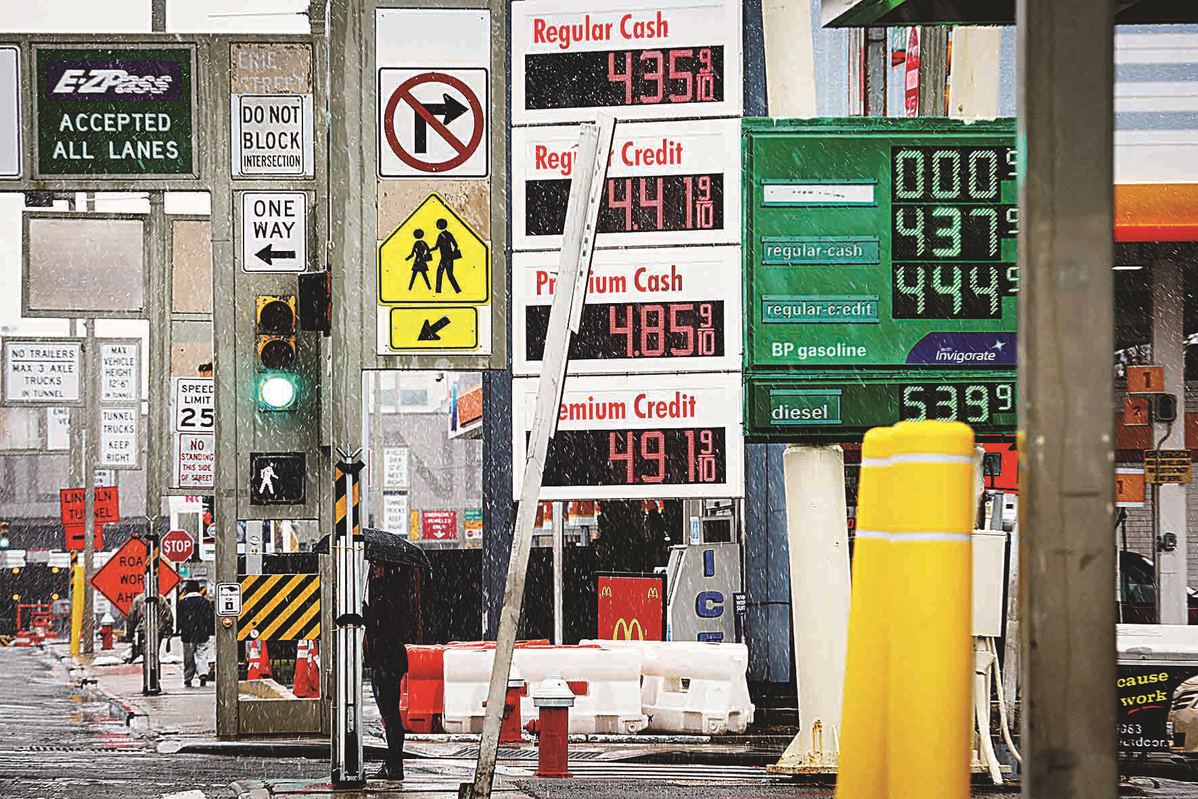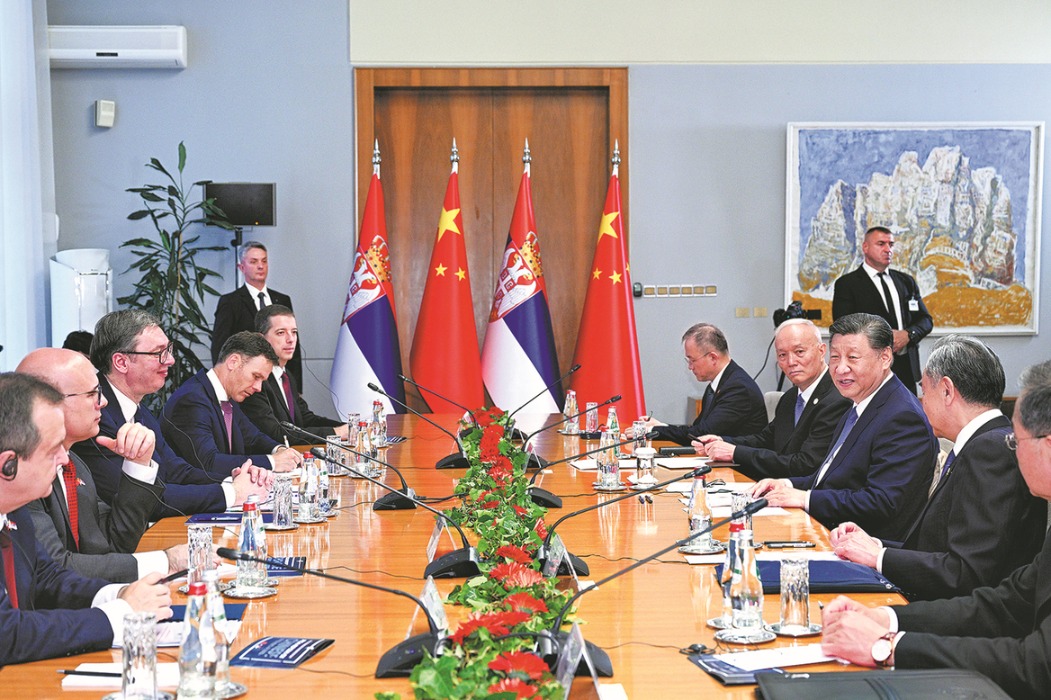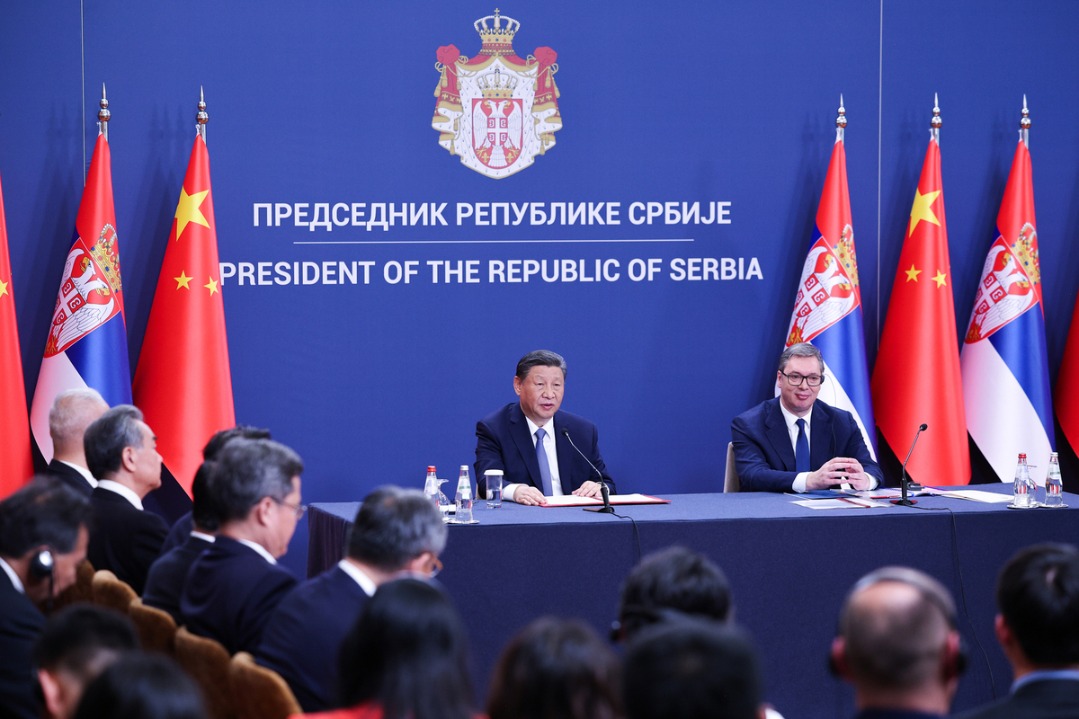Spillover buffer required for Fed's rate hikes
China Daily | Updated: 2022-03-24 07:47

Last week, the Fed raised the interest rate by merely 25 basis points, the first interest rate hike in more than three years. The adjustment's effects in cooling US inflation have been quite limited, as not only has the small interest rate increase lagged behind inflation and the expectations of the market, but also all factors driving inflation are aggregating.
That's why after finding the interest rate increase had not met the pro-deflation expectations of the market, Federal Reserve Chairman Jerome Powell, in a speech at the 38th Annual Economic Policy Conference of the National Association for Business Economics in Washington on Monday, signaled that the Fed will adopt a tougher policy stance and take more concrete actions to restore price stability.
Two factors have spurred him to do so. On the one hand, there are far more job openings going unfilled today than before the pandemic, despite today's unemployment rate being higher and the nominal wages growing at the fastest rate in decades in the United States.
On the other, the Russia-Ukraine conflict is creating additional inflationary pressures pushing up the prices of energy, food, logistics and other commodities.
Given that the Fed appeared not to be concerned about the inflation just one week ago, Powell's change of attitude should be taken as a response to the market's lukewarm response to the Fed's interest rate increase. In other words, the Fed just wants to change the market's expectations, rather than directly address the inflation.
However, the market worries about whether monetary policy can achieve its goal of lowering inflation without creating a recession, which is a reasonable concern as history suggests that it is extremely difficult to tame inflation without causing a recession.
Expectations and risks are rising. If US monetary policy fails to deliver credible tightening expectations, this massive inflationary force could spiral out of control.
China needs to pay attention to the spillover effects of the Fed's interest rate hike, especially the impact of US dollar repatriation on developing countries. US consumption may also be affected, which in turn will affect China's exports. Chinese policymakers should make buffer preparations in advance.
























